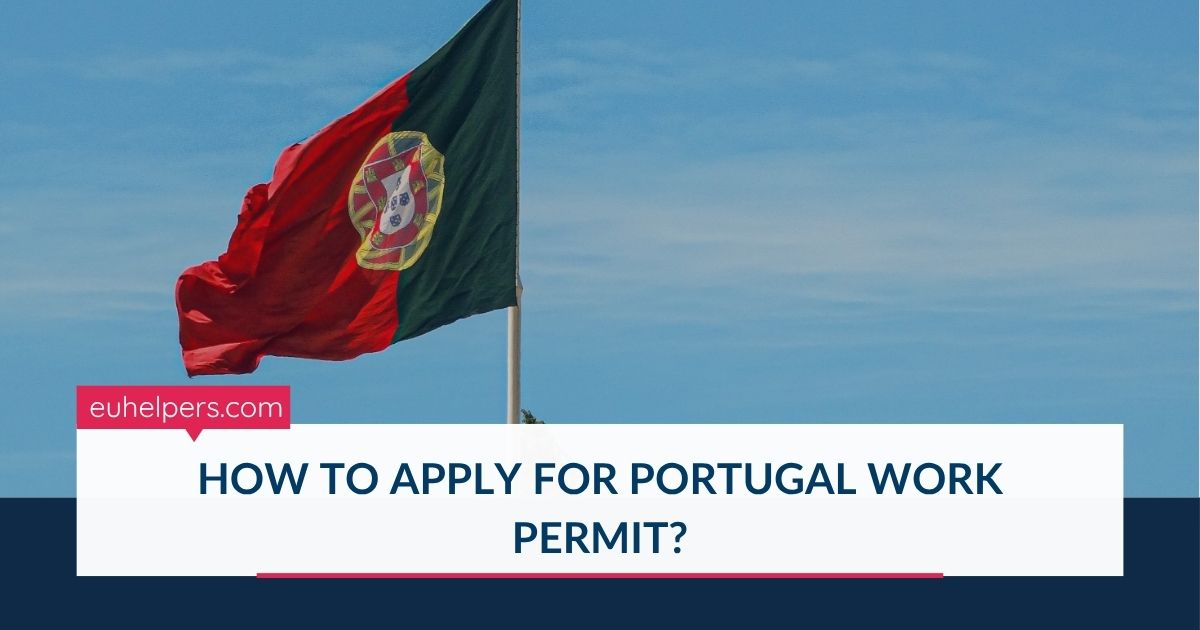Portugal has become an increasingly attractive destination for professionals looking to live and work in Europe. For non-EU/EEA/Swiss nationals, however, working in Portugal requires securing a valid work permit and visa. This process begins with a job offer from a Portuguese employer and involves several legal and administrative steps with Portuguese authorities.
Here’s a comprehensive guide to understanding and navigating the work permit application process in Portugal.
1. The Employer’s Role
Before you can apply for a work visa, your prospective employer in Portugal must initiate the process by applying for a work permit on your behalf. Their responsibilities include:
-
Submitting the application to the Portuguese Labor Authorities or SEF (Serviço de Estrangeiros e Fronteiras – Portuguese Immigration and Borders Service).
-
Providing key documentation, such as:
-
A valid employment contract.
-
Company tax records.
-
Proof of registration with Portuguese Social Security.
-
-
Justifying the hire by proving that the job could not be filled by a citizen of the EU, EEA, or Switzerland.
2. The Applicant’s Requirements
As the applicant, once your employer has submitted the initial application, you will be required to submit several documents to support your visa application:
Essential Documents:
-
Valid Passport: Must be valid for at least three months beyond the intended stay.
-
Employment Contract: Signed contract with a Portuguese employer.
-
Passport-Sized Photos: As per official specifications.
-
Proof of Funds: Demonstrating that you can support yourself financially.
-
Criminal Record Certificate: From your home country and any other countries where you’ve lived for over a year.
-
Health Insurance: Proof of valid medical coverage.
-
Proof of Accommodation: A rental contract, hotel reservation, or invitation letter.
-
Completed Application Form: Accurately filled and signed.
3. Types of Work Visas and Permits in Portugal
Depending on your job type and qualifications, you may be eligible for different types of work visas:
a. Temporary Work Visa
-
For fixed-term or seasonal work.
-
Typically used for short-term employment.
b. Temporary Residence Visa for Work
-
For longer-term contracts.
-
Renewable annually as long as the employment continues.
c. Highly Qualified Activity Visa (Tech Visa)
-
Designed for professionals in tech and specialized sectors.
-
Valid for 1–2 years and renewable.
d. EU Blue Card
-
For highly skilled professionals with higher education or equivalent qualifications.
-
Allows residence and employment in Portugal and other EU countries.
e. Digital Nomad Visa
-
For remote workers employed by non-Portuguese companies.
-
Offers residence rights without being tied to a local employer.
f. Job Seeker Visa (DP)
-
Allows entry to search for employment in Portugal.
-
Valid for 120 days and renewable for an additional 60 days.
4. Application and Processing
Once all documents are submitted to SEF or the relevant Portuguese authorities, the processing of a work permit typically takes up to 60 days. The actual visa, issued by a Portuguese consulate in your country of residence, can take additional time depending on local embassy workloads.
5. Key Considerations
-
Language Proficiency: While not mandatory, speaking Portuguese can significantly improve your chances of finding a job and integrating into society.
-
Job Market: Finding a job in Portugal can be competitive, especially without language skills, but there is demand in sectors like tech, tourism, healthcare, and education.
-
Legal Compliance: Ensure that all documents are translated into Portuguese (if required) and authenticated.
6. Useful Resources
-
IEFP (Instituto do Emprego e Formação Profissional): iefp.pt – Portugal’s public employment service, offering job listings and vocational training.
-
EURES Portal: eures.europa.eu – European job mobility platform with Portugal-specific listings.
-
Portal Diplomático: portaldiplomatico.mne.gov.pt – Official resource for visa information and consular services.
Obtaining a Portuguese work permit involves a structured process where both the employer and applicant must meet specific criteria. With the right preparation, documentation, and a valid job offer, you can successfully apply to live and work in Portugal. For the most accurate and updated information, always consult SEF or an immigration professional.

